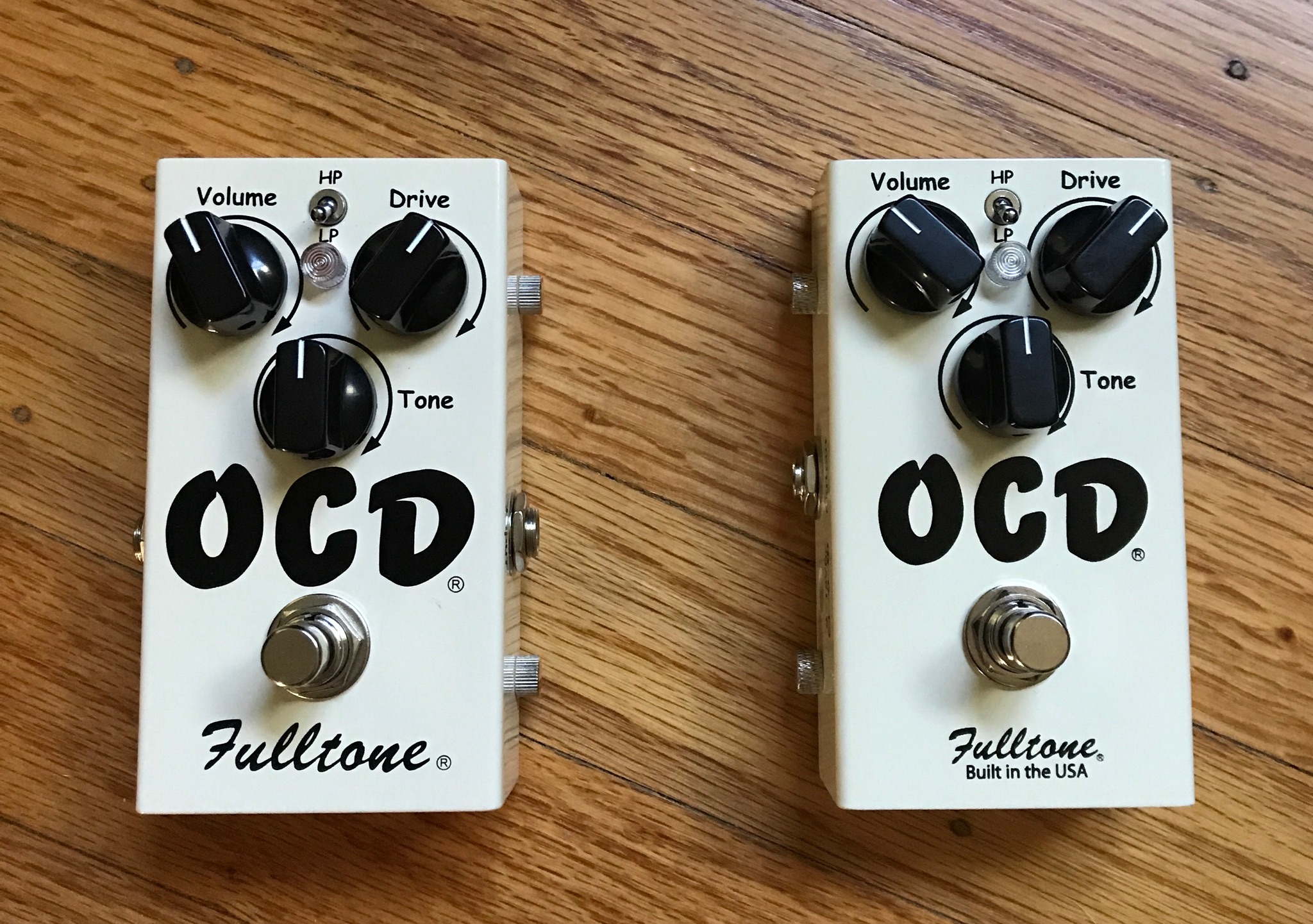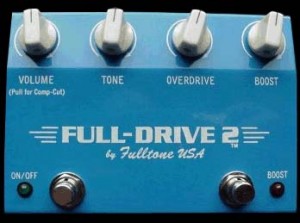 The Fulltone OCD, otherwise known as the Obsessive Compulsive Drive, is not only one of Mike Fuller’s best-selling overdrive/distortion units of all time, it has also been heralded and awarded accolades by the media since its introduction 12 years ago. Along the way, Mike has continued to make mild tweaks to the circuits and I remember playing through and trying each version myself. Mike continued to be obsessive about his OCD and I enjoyed listening to the results.
The Fulltone OCD, otherwise known as the Obsessive Compulsive Drive, is not only one of Mike Fuller’s best-selling overdrive/distortion units of all time, it has also been heralded and awarded accolades by the media since its introduction 12 years ago. Along the way, Mike has continued to make mild tweaks to the circuits and I remember playing through and trying each version myself. Mike continued to be obsessive about his OCD and I enjoyed listening to the results.
Now in 2017, Fulltone has launched what it is being dubbed as the “final” version of the OCD, the OCD V2. The OCD V2 packs a number of new updates and features, so we took a look to compare it to its predecessor, the OCD version 1.7.
Continue reading
